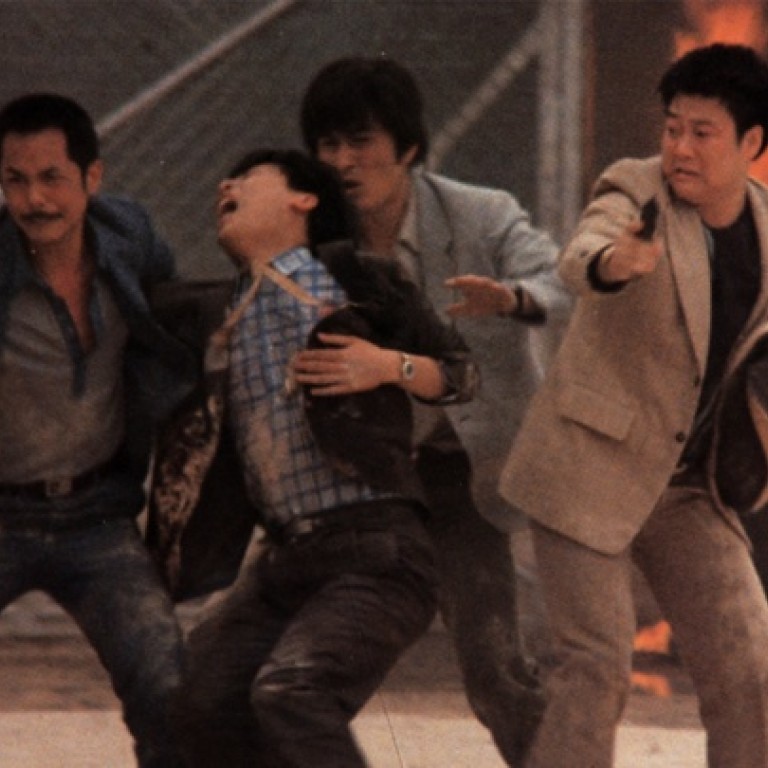
Art house: Long Arm of the Law
Paul Fonoroff
The culture clash between Cantonese speakers on both sides of the Hong Kong-mainland border has rarely been depicted on celluloid with the nuance and maturity of Long Arm of the Law.
It is nearly three decades since this crime saga blasted onto the ordinarily divorced-from-reality Hong Kong action screen. Since then, few local films have matched, let alone surpassed, director Johnny Mak Tong-hung’s accomplishment. The fashions and decor may be dated, but the 1984 film’s mix of brutality and humanity in a package bereft of phony sentimentality or histrionics still comes across as bracingly modern.
Philip Chan Yan-kin’s script ventured into territory largely ignored by that era’s filmmakers: the underbelly of mainland society and the negative side effects of the gradually opening door between the then British colony and Guangdong. Equally uncommon is the inclusion of political references, from the Cultural Revolution to the still-in-progress campaign to emulate “model soldier” Lei Feng.
These serve as background details in the narrative about former People’s Liberation Army comrades recruited by a Kowloon mobster for a jewel heist in the heart of Tsim Sha Tsui.
From beginning to end, we see graphic evidence of the renegades’ facility with weaponry and a lack of hesitation to butcher others. Yet we also are privy to their compassion for friends and families.
The result is quite unusual in that the viewer is led to rightfully recoil at the protagonists’ savagery, while also making it possible to harbour a grudging sliver of admiration for their loyalty and determination.
Part of the gang’s “everyman” believability is due to the cast’s lack of stellar personae. Ringleader Ho Yiutung (Lam Wai) is not overly charismatic; his shifts from gentleness to cold bloodedness are neither unmotivated nor too theatrical.
The drama is the domain of Hong Kong mastermind Tai (played by Shum Wai, whose performance won the Hong Kong Film Award for best supporting actor). His manipulations provide humour without crossing the line into buffoonery – no small feat for a villain with a wardrobe of pink tracksuits.
The film’s most talked-about aspect is, not surprisingly, the excitingly executed action scenes choreographed by Billy Chan Wui-ngai and Sammo Hung Kam-bo’s Stuntmen’s Association. The Mody Road robbery getaway and Taikoo Cityplaza ice skating rink escapades are impressive coups. But these are eclipsed by the finale set in the old Kowloon Walled City, a bravura display that never strays from its thematic relevance.
The film is a sometimes shocking reminder of how the cross-border relationship has changed in the interim, the journey from Shenzhen to the New Territories no longer a perilous trek through barbed wire barriers and mainland visitors a far cry from yesteryear’s yokels awed by the glittering capitalist enclave.
But though the imbalance may have been somewhat addressed in material terms, films such as Long Arm of the Law remain testament to the uniqueness of Hong Kong’s cinematic environment.
Long Arm of the Law, May 5, 7pm, HK Film Archive, May 26, 2pm, Broadway Cinematheque. Part of the 100 Must-See Hong Kong Films programme
